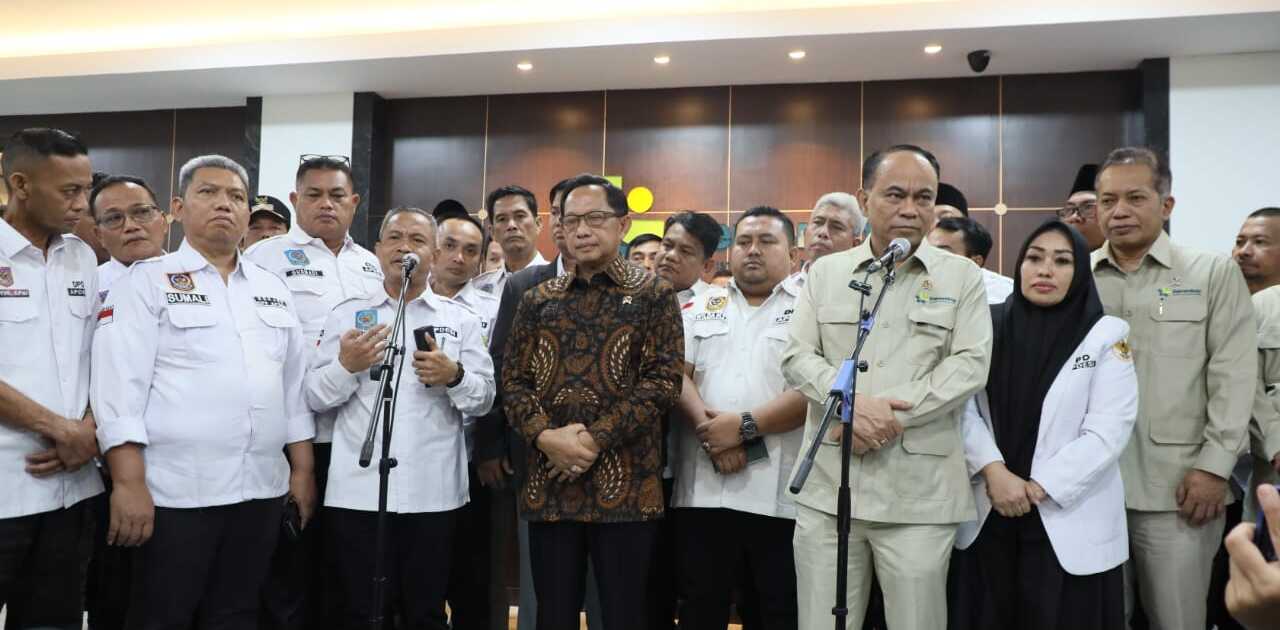Heaptalk, Jakarta — Minister of Home Affairs Muhammad Tito Karnavian fully supports the formation of the Merah Putih Village Cooperative. This initiative is expected to strengthen the rural economy and establish villages as new economic centers contributing to national economic growth.
This move is considered strategic in addressing various rural issues, including controlling the pace of urbanization. “Ensuring villages do not experience urbanization and become economic centers that produce goods contributing to economic growth. That’s our hope,” said Tito in Jakarta on Tuesday (03/11).
In addition to being a new economic center, the Minister of Home Affairs emphasized that the Merah Putih Village Cooperative plays an essential role in achieving food security at the village level. Farmers’ production can be absorbed efficiently with the cooperative in place, thus protecting them from harmful practices. He voiced, “And it can cut through the difficulties they have faced, [such as] practices by middlemen, loan sharks, usury, and others, as the Merah Putih Village Cooperative takes everything over.”

The existence of this cooperative is also expected to create a healthier and fairer rural economy. Government programs aimed at improving the welfare of rural communities will be more easily implemented with the presence of the Merah Putih Village Cooperative. “For example, a village pharmacy with cheap generic drugs. The community is helped, the rural population is helped, and medicine is affordable. Fertiliser distribution, for example, can also be channeled through the cooperative, so it’s more targeted, especially for subsidies. Villages understand best which farmers need subsidies and which do not,” he emphasized.
In agreement with Tito Karnavian, Minister of Cooperatives Budi Arie Setiadi confirmed that the Merah Putih Village Cooperative is designed to improve the overall welfare of rural communities. According to him, cooperatives are essential instruments for achieving economic equality. “Especially the people’s economy,” said Budi Arie.
Furthermore, he affirmed that eradicating poverty in villages is the key to Indonesia’s progress. National development and economic growth would be meaningless if many rural communities continue to live in poverty. “Indonesia’s progress pf development means nothing if villages are not advancing. Indonesia’s capacity means nothing if there are still many poor people, especially in villages,” Budi concluded.











